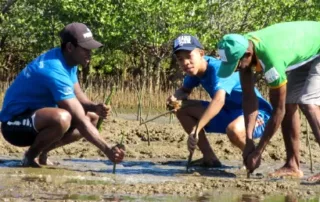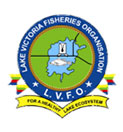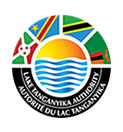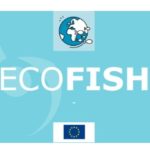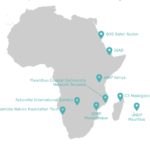Sustainable management of small-scale coastal fisheries in Northern Madagascar
Achievements: From December 2022 to July 2023
To promote Sustainable management of small-scale coastal fisheries in Northern Madagascar, the ECOFISH-C3 Madagascar provided the following supports to date:
- 1 year fisheries data collected in Ambolobozokely, Nosy Hara and Irodo KBA
- 148 individuals and 50 households participated in socioeconomic survey on small-scale fishing resource utilisation regarding the significance of the marine resources derived from small-scale fisheries across three sites.
Activities
- Monthly data collection at landing sites (12 months)
- Socio-economic surveys of households dependent on fishing
- Training of 30 local investigators (fishermen) at the landing sites in each zone
- Regular quality control and evaluation of data collected by the landing site teams
- Development of community fisheries management structures
- Identification of lessons learned when developing the community application program through stakeholder consultation
Expected Outputs
- High level of awareness of fishing rules and regulations
- Increased motivation for the active management of their respective LMMAs
- Capacity building for fishermen’s unions and women’s associations
- Establishment of management and monitoring plans
- Capacity building with 300 local fishermen trained in the management and control of marine protected areas (50% women)
